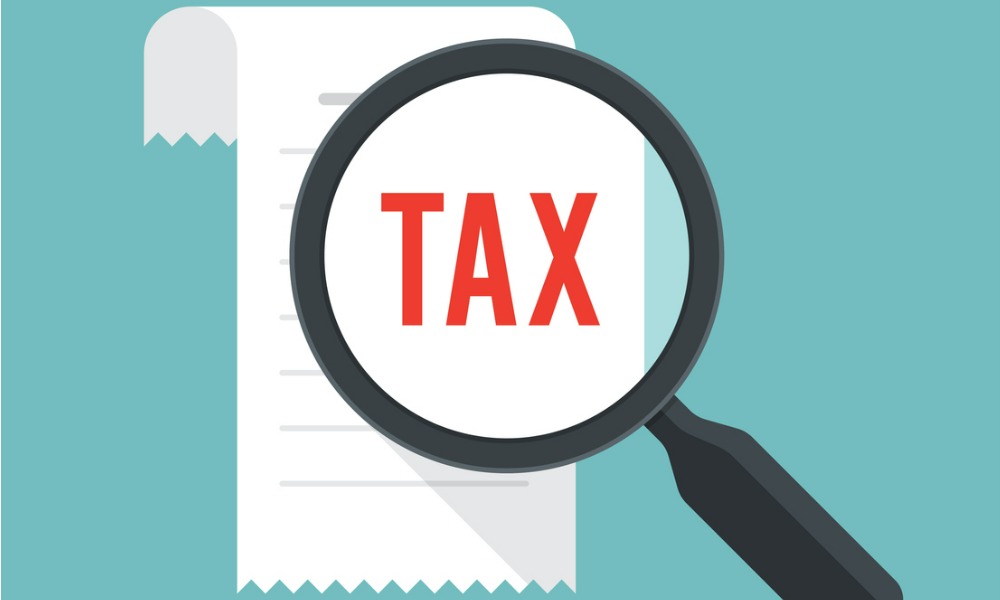The plan, which has caused outrage in the property industry, is just "closing a loophole," treasurer says

The Queensland government is defending controversial changes to land tax for interstate property investors as real estate groups blast the tax. The government claims the changes will amount to a smaller cost compared to the benefits owners reaped from higher rents and property values during the boom.
The change will see the total of an interstate investor’s land portfolio – including primary residences – used to calculate their land tax if they own more than three properties, The Australian reported. The new tax will also capture some Queensland residents.
The amendment was passed into law in June. It is expected to boost state revenues by about $20 million in the 2022-2023 financial year.
Queensland Treasurer Cameron Dick said the change was about “closing a loophole in the tax system.” A spokesman for Dick told The Australian that the cost to investors was less than current market factors.
“Compared to the beginning of COVID, landlords have enjoyed substantial increases in rent revenue and an average 50% appreciation in asset value,” he said. “Changes in interest rates have a much more significant financial impact on housing than this measure.”
The amendments are estimated to be about one-hundredth of the $1.6 billion in additional interest rate costs that Queensland landlords are now paying since rates began climbing in May, The Australian reported.
Property industry players, however, aren’t buying what the government is selling.
Property Council Queensland executive director Jen Williams said the new system was fraught with problems because it requires landowners to self-report their holdings in different states and territories while also overlaying each jurisdiction’s separate tax laws.
Read next: Queensland land tax could cost more than it earns – experts
“This is not just closing a tax ‘loophole,’” she told The Australian. “It is the most significant reform to a land tax system that has operated effectively for decades, and it should have been consulted on to the same extent that a reform of this magnitude would normally entail.”
An assessment of the plan by the New South Wales government said the changes weren’t strictly unconstitutional, The Australian reported. However, NSW Finance Minister Damien Tudehope said he hoped no other states would adopt similar policies.
“This Labor tax grab is a case of robbing Peter to pay Palaszczuk, and the NSW government will not support it,” he said. “If other Labor states were to follow Queensland’s lead, the value of land would be taken into account multiple times by different state tax authorities.”
The Real Estate Institute of Queensland has called the plan as “unique as it is illogical.” REIQ chief executive Antonia Mercorella said the plan was “unprecedented and unheard of for a reason” and said the industry was not properly consulted.
“There’s no other state or territory that charges state land tax based on the value of properties held across Australia and outside the jurisdiction where the tax is collected,” she told The Australian. “It is irreconcilable that the Treasury expects to legitimately raise tax on the basis of value of property held outside of Queensland, for the purpose of funding infrastructure within Queensland.”



